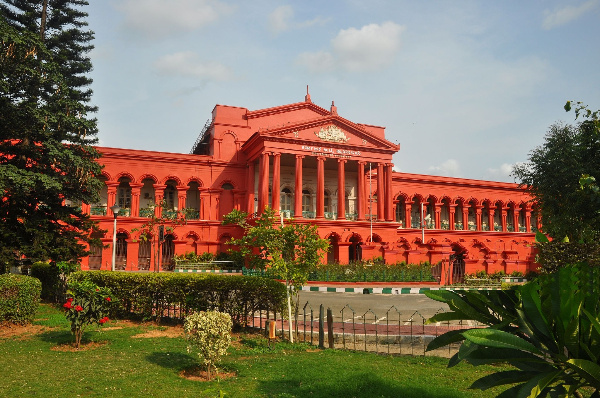Rajasthan High Court Emphasizes the Need to Confirm if the Relevant Party is Affected by the Outcome of the Action: Order on Rule 10 CPC.

The Rajasthan High Court confirmed a Trial Court decision that denied the petitioner’s request to include the Sub-Registrar Office and the Additional Collector as defendants. The reason was that their involvement was deemed necessary only for assessing the validity of documents. The Court emphasized the need to determine if the necessary party would be affected by the outcome of the case. The petitioner, who is also a defendant, filed a Writ Petition under Articles 226 and 227 of the Indian Constitution to contest the Additional District Judge’s ruling that rejected his application under Order I Rule 10 of the Code of Civil Procedure, 1908. Justice Nupur Bhati, in a Single-Judge Bench, stated, “To decide if a party is necessary, it must be established that they are impacted by the case’s outcome and that the issues at hand cannot be resolved fully without their participation.”
Anushri Gaur represented the Petitioner. The plaintiff, known as respondent no. 1, filed a case for possession, permanent injunction, and recovery regarding a piece of land in front of the District Judge. Meanwhile, the petitioner submitted a request under Order I Rule 10 of the CPC to include the Sub-Registrar Office, Jodhpur, and the Additional Collector (Agriculture Land Conversion) as defendants. The Trial Court denied this request, prompting the petitioner to appeal to the High Court. The Petitioner argued that the Trial Court made a mistake by not allowing the necessary parties to be included, as the plaint stated that respondent no. 1 bought the disputed property using false documents that were not recorded in the Sub Division. Thus, it was essential to include the Sub-Registrar Office and the Additional Collector to verify the documents.
Initially, the Court noted that under Order I Rule 10 of the CPC, determining if a party is necessary involves checking if they are affected by the outcome of the case and if the issues can’t be resolved completely without them. The Bench referred to the Supreme Court’s ruling in Ramesh Hiranand Kundanmal v Municipal Corporation of Greater Bombay (1992) 2 SCC 524, which stated that having relevant evidence does not automatically make someone a necessary party. The Bench also considered the criteria from Gurmit Singh Bhatia v. Kiran Kant Robinson reported in AIR 2019 SC 3577 and concluded that there was no claim for relief against the Sub-Registrar Office and the Additional Collector, and their absence would not make the decree ineffective.
The Court noted that based on the ruling from the Hon’ble Apex Court in the Ramesh Hiranand case, the only reason the petitioner/defendant no.1 wanted to include the Sub-Registrar Office, Jodhpur, and the Additional Collector (Agriculture Land Conversion), Jodhpur, was to check the validity of the documents used by the plaintiff/respondent no.1 to buy the disputed property. Therefore, the Court concluded that these offices could not be seen as necessary parties in this case. The Bench found no issues with the Trial Court’s order.
Cause Title: Satay Narayan Gaur v. Smt. Anjana [Neutral Citation- 2024:RJ-JD:47503]
Appearance:
Petitioner: Advocates Anushri Gaur & Aman Gaur








